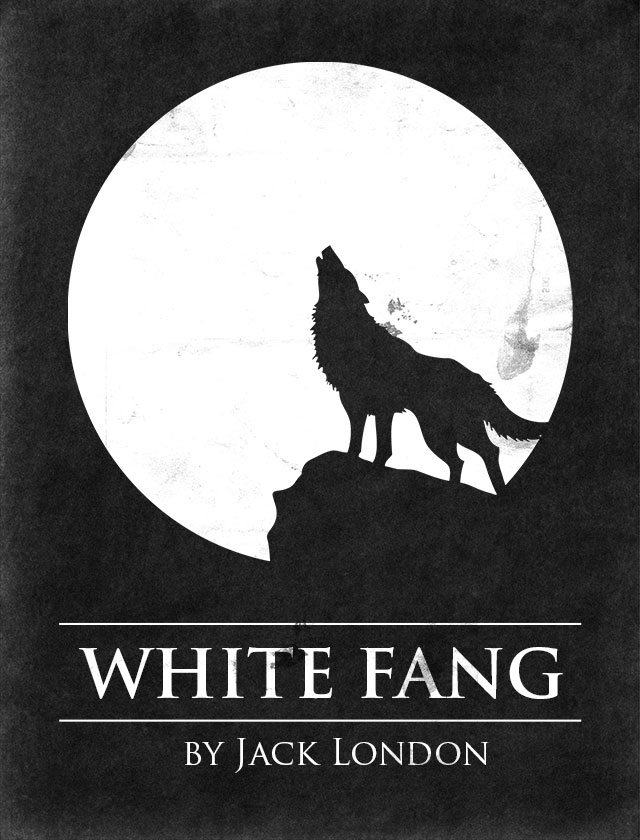White Fang
by Jack London
Points To Ponder
What is the significance of Bill and Henry’s struggle at the beginning of the novel?
In many ways, Part I, with its emphasis on Bill and Henry, seems separate from the rest of the novel. While it does introduce the reader to Kiche, it focuses on the struggle the men experience, making it seem ancillary to the rest of the novel. However, by demonstrating how Kiche and the other wolves hunting the men and their dogs was simply part of nature, London demonstrates the basic law of “eat or be eaten.” He also highlights human vulnerability when not in groups. In other words, when it is just the two men, they are vulnerable to the wolves. Civilization protects the men from the wild in a way that even their superior intellect and ability to create fire cannot.
Why do women play insignificant roles in White Fang?
While there are women in the novel, none of them are significant. However, one of the novel’s most crucial characters is a female wolf. Furthermore, White Fang is able to protect Judge Scott because his wife allows White Fang to sleep in the house, over his protests. Clearly, London idealizes the female role in protecting the family and the young, while condemning feminine passivity. He almost seems to suggest that women in civilization have made the same trade of comfort for independence that Kiche makes when she goes to live in the Indian village.
What is the importance of the concept of “eat or be eaten,” and does it have continued relevance when White Fang moves to civilization?
In the wild, the primary rule is survival. All animals must prepare to be on the hunt almost continuously, a fact emphasized by the looming threat of famine. However, all animals must face the fact that they can easily be transformed from predator to prey. This remains relevant when White Fang is in civilization. For example, when famine strikes the Indian village, the Indians eat the weaker dogs, though the dogs have traditionally been predators. Likewise,...
Sign up to continue reading Points To Ponder >